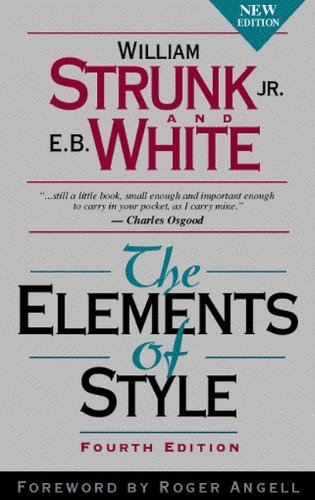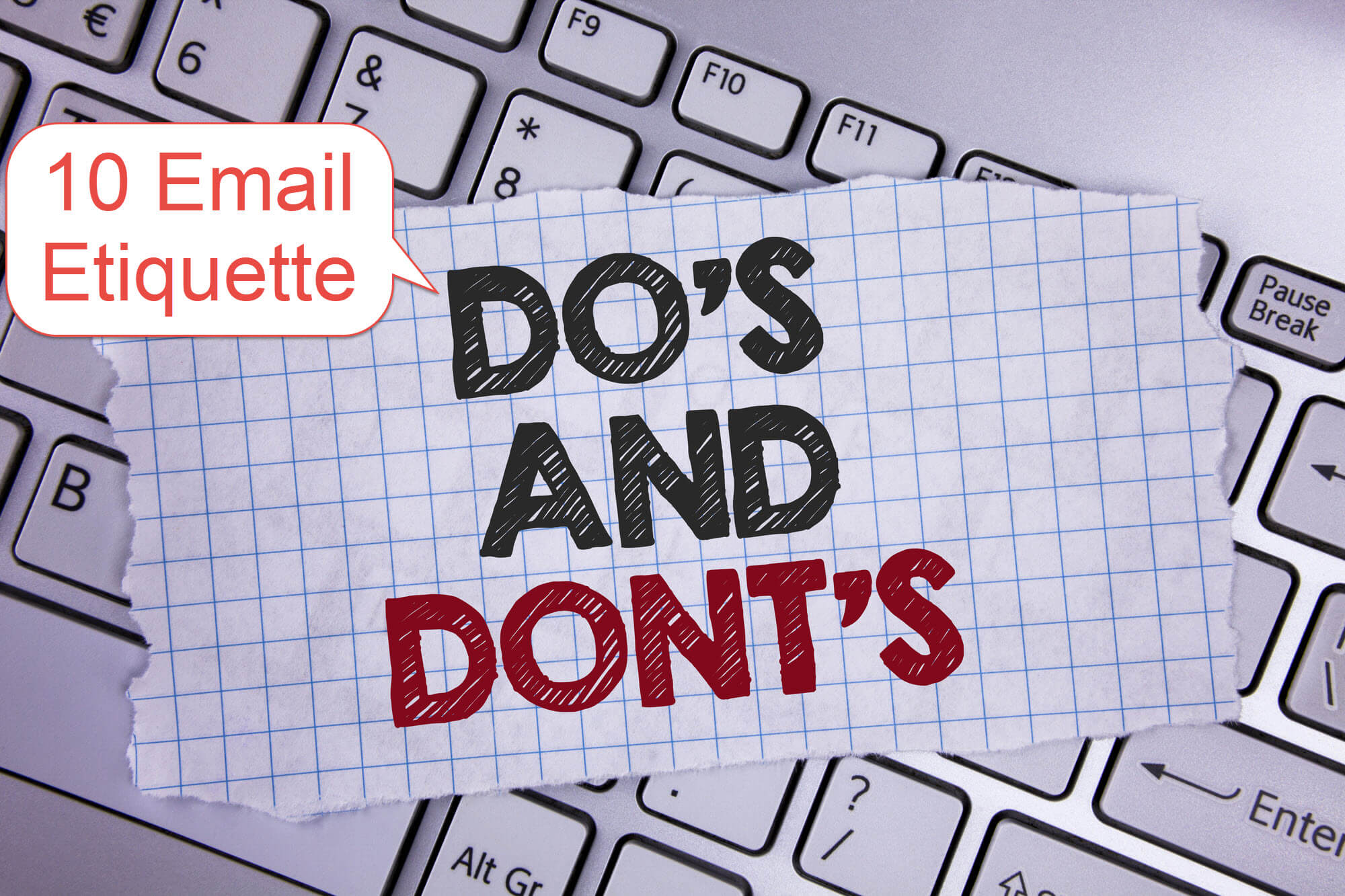Do not rely on Spell Checkers to Proof Read for you!
/One way to improve Email communication is always use your Spell Checker before sending. Unfortunately, some people rely on these tools too much, which can lead to big problems.
No one likes receiving (or sending) Emails that contain spelling and grammar errors. It is unprofessional, makes them difficult to read, and can even cause confusion over the message's actual meaning.
Luckily, most Email systems have built-in Spell Checkers to help prevent just such errors. Some have Grammar Checkers as well.
An Email free of grammar, spelling and syntax errors helps ensure the recipient can clearly understand your message. It also helps reduce questions as to the meaning of words and phrases.
Always have your Email’s Spelling and Grammar Checker enabled when sending Emails. This will ensure they do not contain major spelling or grammar errors.
Unfortunately, you cannot rely solely on these tools. You must still take the extra step to proofread the entire message before sending.
Don’t get me wrong – Spell Checkers are great tools and will catch many common errors.
But they are far from perfect and will miss a great number of issues. The result can be Email messages that are unprofessional, confusing, or just plain embarrassing.
Here is a famous essay that shows just how dumb Spell Checkers can be:
“Eye halve a spelling checker
It came with my pea sea.
It plainly marks four my revue miss steaks eye kin knot sea.
Eye strike a quay and type a word and weight for it to say
Weather eye yam wrong oar write.
It shows me strait a weigh as soon as a mist ache is maid.
It nose bee fore two long and eye can put the error rite.
Its rare lea ever wrong.
Eye have run this poem threw it,
I am shore your pleased too no.
Its letter perfect awl the way.
My checker tolled me sew.”
This displayed no errors in Google Docs, and only a few errors in MS Word 2010!
So, what do you need to remember when using Spell Check and Grammar Checks?
Automatic Substitutions
Spell Check programs automatically correct commonly misspelled words. For example, most Spell Checkers will replace “hte” with “the” as you type. However, this "feature" can also cause some unexpected behavior. Some technical terms may have the same spelling as combinations as these "misspelled" words. And these substitutions can occur without you even realizing it.
Incorrectly Used, But Correctly Spelled
As shown in the above "ode", Spell Checkers do not usually catch situations when words are spelled correctly but used incorrectly.
Examples include the different uses of "Their" vs. "There" vs. "They're". Some Spell Checkers can identify these types of mistakes made, but some will not flag these errors.
For example, consider the correct sentence:
“Their car is inside there because they’re really cold.”
If I rewrite this and incorrectly switch-up the use of "Their", "There", and "They're", the following sentence shows no errors when I typed it into Google Docs!
“They’re car is inside their because there really cold.”
Yikes!
Proper Nouns
Spell Checkers do not always recognize proper nouns, which are names of people, places, and terms. Many will try to either correct them into something else, or just flag them as errors.
Luckily, most Spell Checkers allow you to add new words to a "custom dictionary". This means that, over time, you can add words and terms and eliminate this problem.
But once you add these words to your custom dictionary, they are forever considered 'correct' by Spell Check. This can sometimes create its own set of problems as well.
Grammar Checkers and Complex Sentences
Grammar Checkers are even less reliable than Spell Checkers.
Although they have greatly improved over the years, they can still get fooled or confused. Sometimes, they are just flat-out wrong.
Long sentences that contain several clauses will often confuse grammar checkers. They may also miss run-on sentences, or even complain about a perfectly correct (but complex) sentence.
Some flat-out bad grammar isn’t picked-up at all by Grammar Checkers.
Consider the following short paragraph:
“Advertising is badly for big brand small brand. Youth knows what are between marketing possessions. It is not because that advertising maligned for vicinities within American and shoe polish. Burger King and Amazon are good for brand. Bezos do well marketing head in Amazon.”
It makes absolutely no sense, but doesn't display any errors in either MS Word 2010 or Google Docs!
Distilling Meaning
As we have seen, both Spell Check and Grammar Check are limited in their ability to distill “meaning”.
Consider the following sentence:
“The sausage jumped purple beneath four previous lovely random”.
Grammatically perfect, but utterly meaningless.
And Spell Check and Grammar Check had no issues with this sentence at all!
Punctuation Matters
And grammar checkers cannot always understand the nuances of meaning that is implied by the use of punctuation.
Consider these two sentences intended for a valentine day card:
I think you are beautiful.
I think, you are beautiful.
Both are grammatically correct. But the first sentence will result in a happy valentine, whereas the second sentence will likely not end well for the giver, all because of an extra (unfortunate!) comma!
Print out the Important Stuff!
For important Emails, print them out, sit down, and read them. I find more spelling and grammar errors when reading from paper compared to reviewing on a monitor. People read more slowly and carefully on a hardcopy compared to a screen.
Request an outside Review
For critical Emails, hand a hardcopy of your "proofed" message to a trusted colleague. People often miss their own mistakes, so a separate set of eyes can be an invaluable aid.
Final Words
Spell Checkers and Grammar Checkers are great tools, and should be enabled and used.
But do not rely only on them and abandon visual proof reading.
They are a great “first step” and a good way to catch blatant errors. But for important Emails, make sure to read them over carefully before hitting "Send".
For truly critical Emails, it is best to print them out, sit down, and read it slowly. And if possible, give to a colleague to review as well.
Here are a few helpful Resources to help with your spelling/grammar:
About.com has a helpful glossary of “Commonly Confused Words”. Examples include words such as "Advice" or "advise"? "Farther" or "further"? "Principal" or "principle"?
The Oatmeal also has a helpful (and funny) list of words that are commonly misused.

















